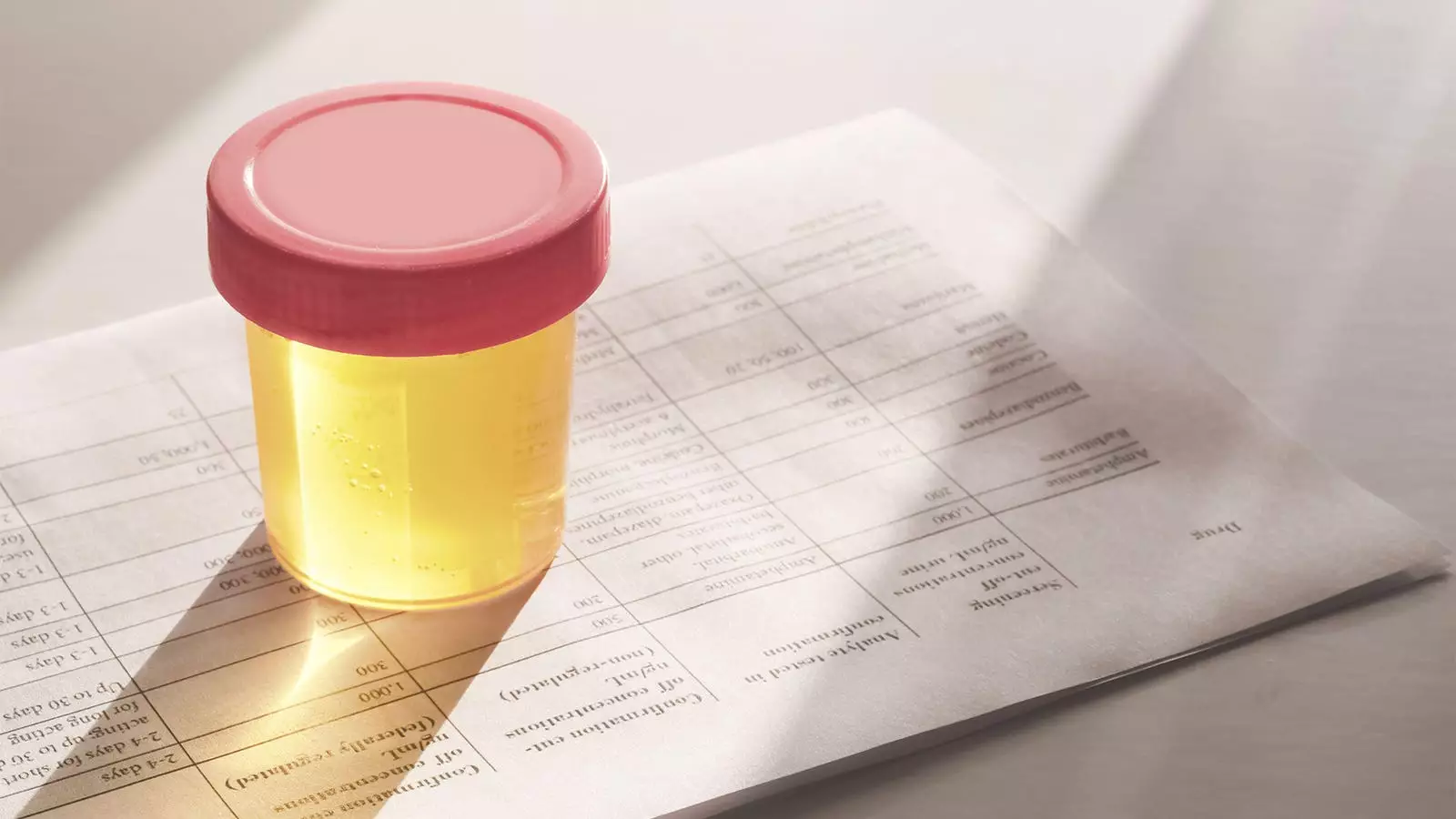Anthony Bing, a 64-year-old Navy veteran, found himself in a harrowing situation when his probation-mandated urine tests consistently came back positive for alcohol, despite his complete abstinence for almost a year. This false positivity threatened to revoke his probation and send him to jail, jeopardizing his freedom and health. Bing’s case sheds light on the flawed system of urine drug testing within the criminal justice system.
The root cause of Bing’s false-positive urine tests was traced back to the testing procedure itself. Bing was taking a common diabetes medication that resulted in high levels of sugar in his urine. Due to mishandling, the urine sample was left at room temperature for an extended period, causing the sugar to ferment into alcohol. This crucial oversight led to the inaccurate test results and placed Bing in a dire situation.
Unfortunately, Bing’s ordeal is not an isolated incident but highlights a more pervasive issue within the criminal justice system. The lack of standardization, medical expertise among administrators, and proper handling of urine samples can result in false positives that unjustly incriminate innocent individuals. The implications of such errors can have grave consequences on individuals’ lives, as seen in Bing’s case.
The mishandling of urine drug testing in the criminal justice system raises urgent concerns regarding the need for systemic reforms. Cases like Bing’s underscore the necessity for standardized procedures, medical oversight, and proper training for personnel involved in administering these tests. Without effective measures in place, more individuals, particularly vulnerable populations like veterans, may fall victim to flawed testing practices.
The case of Anthony Bing serves as a poignant reminder of the injustices that can arise from inaccuracies in urine drug testing. As highlighted by experts like Aaron L. Schwartz, MD, PhD, and Tamar Lerer, JD, there is a pressing need to address these systemic issues and prevent further miscarriages of justice. Ensuring the integrity and reliability of drug testing procedures is paramount to upholding individuals’ rights and safeguarding against wrongful incrimination.
The case of Anthony Bing sheds light on the critical flaws present in urine drug testing within the criminal justice system. His unjust ordeal underscores the need for immediate reforms to prevent similar injustices from befalling others. By advocating for accountability, standardization, and oversight in drug testing procedures, we can strive towards a more equitable and just criminal justice system for all individuals.

Leave a Reply